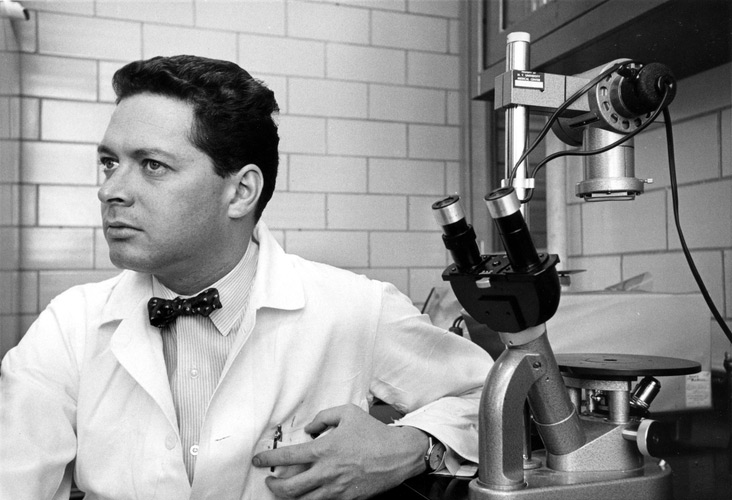Growing up in Czechoslovakia, Jan Vilcek dreamt of becoming a journalist or lawyer – two occupations burdened by the country’s Communist ideals. Instead, Vilcek did what his parents wanted: He became a doctor.
During medical school, after volunteering for a microbiology project, Vilcek became fascinated by research, but yearned to leave his homeland.
In 1964, he slipped under the Iron Curtain into America, defecting using visas for a weekend trip to Vienna.
A year later, Vilcek began work at New York University as an assistant professor of microbiology. There, he studied interferon, proteins that protect the body against viruses and other pathogens.
Out of this research, Vilcek and a colleague helped develop an antibody that serves as the basis for Remicade, an anti-inflammatory drug used primarily to treat rheumatoid arthritis.
Using royalties from Remicade, Vilcek and his wife established a foundation to help other immigrants pursue their academic and professional dreams.








